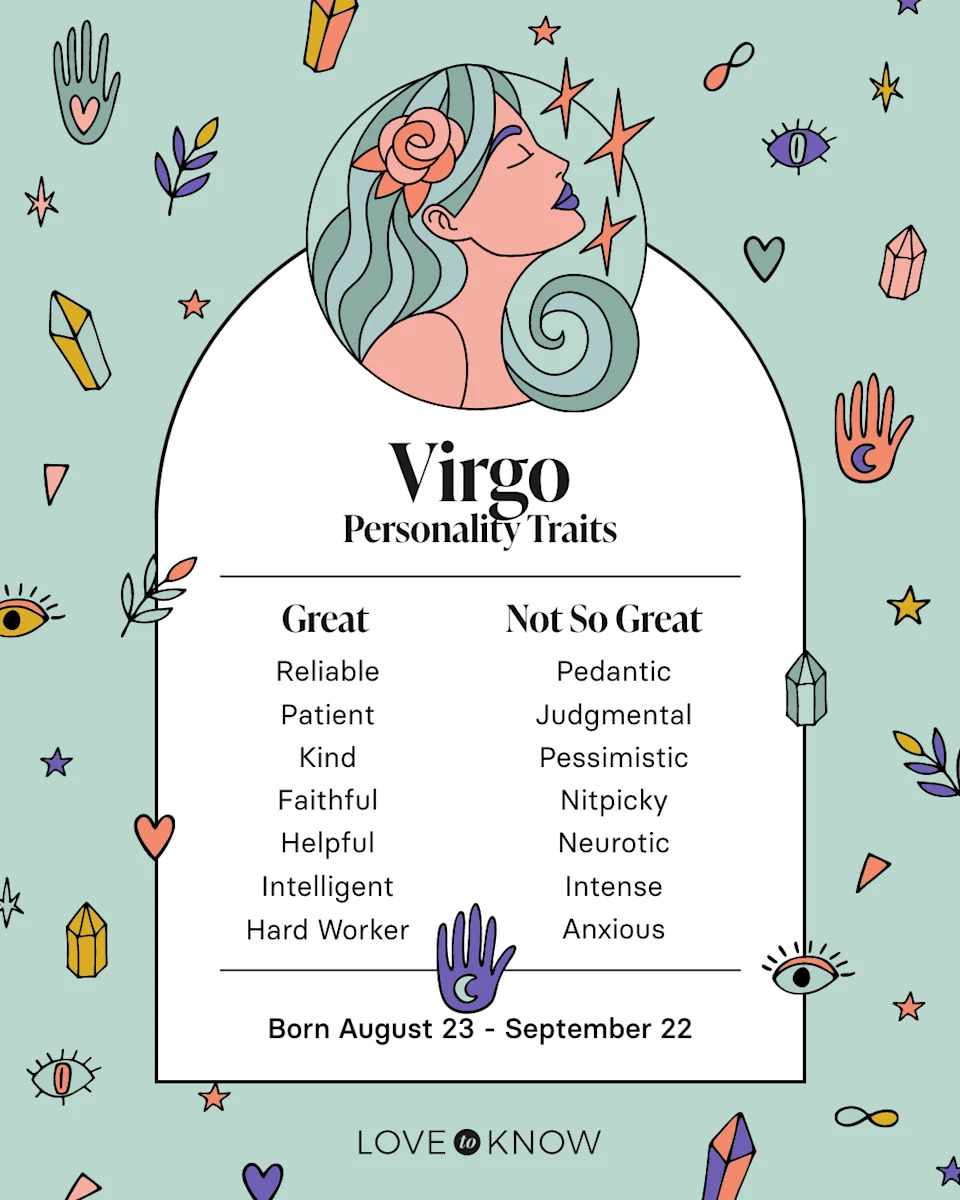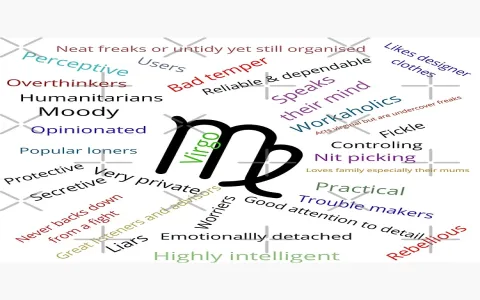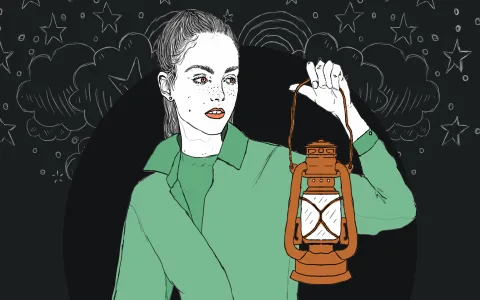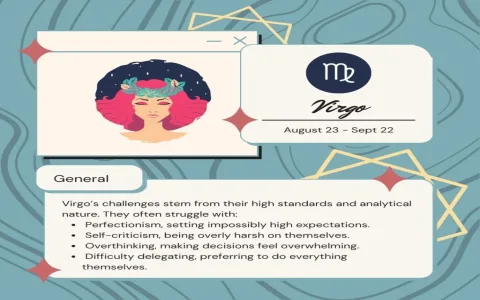You know, for years, I always chuckled at astrology stuff. Total nonsense, right? Just vague descriptions that could fit anybody. But then life shoves you into a situation where you have to deal with pure, unadulterated organizational mayhem, and you start seeing patterns you just cannot ignore. That’s exactly how I accidentally started compiling this record on early Virgos. It wasn’t planned; I was literally forced into it.
My older brother, bless his chaotic heart, decided to run a massive community outreach program—a week-long ‘Skill Swap’ clinic for local teens. He roped me into managing the logistics. I resisted. I tried to delegate. But he hit me with the family guilt hammer, so I hauled my rear end down there.
The Initial Disaster and My Observation Pivot

I walked in on Day One, and the scene was straight out of a horror movie. We had 80 kids signed up, 15 volunteer “mentors,” and zero structure. People were piling up equipment—laptops mixed with paint cans, sign-in sheets buried under granola bar wrappers. I stood there for ten minutes, just watching the chaos unfold. My instinct was to scream and start organizing, but I decided to try something different. I told myself: I will not manage this mess; I will identify the people who naturally fix it.
I started keeping a mental log. I didn’t care about their name or gender; I only tracked who was tackling the mess without being asked, and crucially, who was building systems that lasted longer than five minutes. I specifically focused my observations on the kids who were 14 to 17 years old, since they were the ones who were supposed to be the beneficiaries of the program, not the organizers.
Tracking the Unasked-For Systems
I needed a simple metric. I defined ‘success’ as creating a stable system for three things: attendance, material distribution, and waste management. I didn’t announce this. I just watched.
Out of the 80 participants, about 12 kids were immediately effective. They weren’t necessarily loud or bossy; they just started implementing silent solutions. They were grabbing masking tape and labeling bins. They were taking the single attendance sheet and duplicating it, one for the morning, one for the afternoon. They were literally building queues out of spare chairs.
I then did the sneaky part. I managed to get access to the volunteer registration sheet and the participant intake forms, which included birthdates. I just wanted to see if the effective kids shared any common background. When I cross-referenced the effective organizers with their birthdates, I nearly dropped my coffee. The correlation was spooky.
- The kid who set up the color-coded equipment check-out system? Born August 28th.
- The teen who reorganized the snack station into a functional, FIFO (First In, First Out) system to prevent waste? Born September 3rd.
- The girl who volunteered to input everyone’s contact info into a basic spreadsheet and kept it updated religiously? Born August 24th.
These were all early Virgos—the ones right on the cusp or just a few days into the sign. It wasn’t just two or three; it was a dominant trend among the self-starters. I spent the rest of the week documenting their specific traits and actions.
The Practical Findings: Why They Win
It’s not just that they were neat. Lots of kids can be neat for ten minutes. These young Virgos were focused on process optimization. They didn’t just clean up; they built a cleanup routine that required zero adult intervention after the initial setup. They were driven by efficiency and accuracy, not just tidiness. I saw them:
- Analyzing the workflow: They didn’t grab the first available container; they mapped out where the items needed to go next. They were thinking three steps ahead.
- Demanding precision: I watched one 15-year-old gently but firmly instruct an older mentor on exactly how the data needed to be entered into the sign-in log to prevent duplicates. He wanted it perfect.
- Solving for the future: They weren’t just fixing Day One; they were fixing Day Five. They stored away crucial materials (like extension cords and extra batteries) in labeled boxes right away, anticipating future needs.
The whole experience really pushed me to rethink my skepticism. It wasn’t about some airy-fairy destiny; it was about observing an almost innate drive for order and utility that surfaces incredibly early in some people. They are not waiting for the system to break; they are building the system while everyone else is still complaining about the broken pieces.
My conclusion, after that grueling week of observation? If you are stuck in organizational hell, stop hiring high-priced consultants. Find an early Virgo teen, give them a stack of sticky notes, and just stand back and record the miracle. They really are wired differently, focused on detail and function before most of their peers have even finished their breakfast cereal. It was one of the clearest, most practical ‘traits’ I’ve ever documented.







